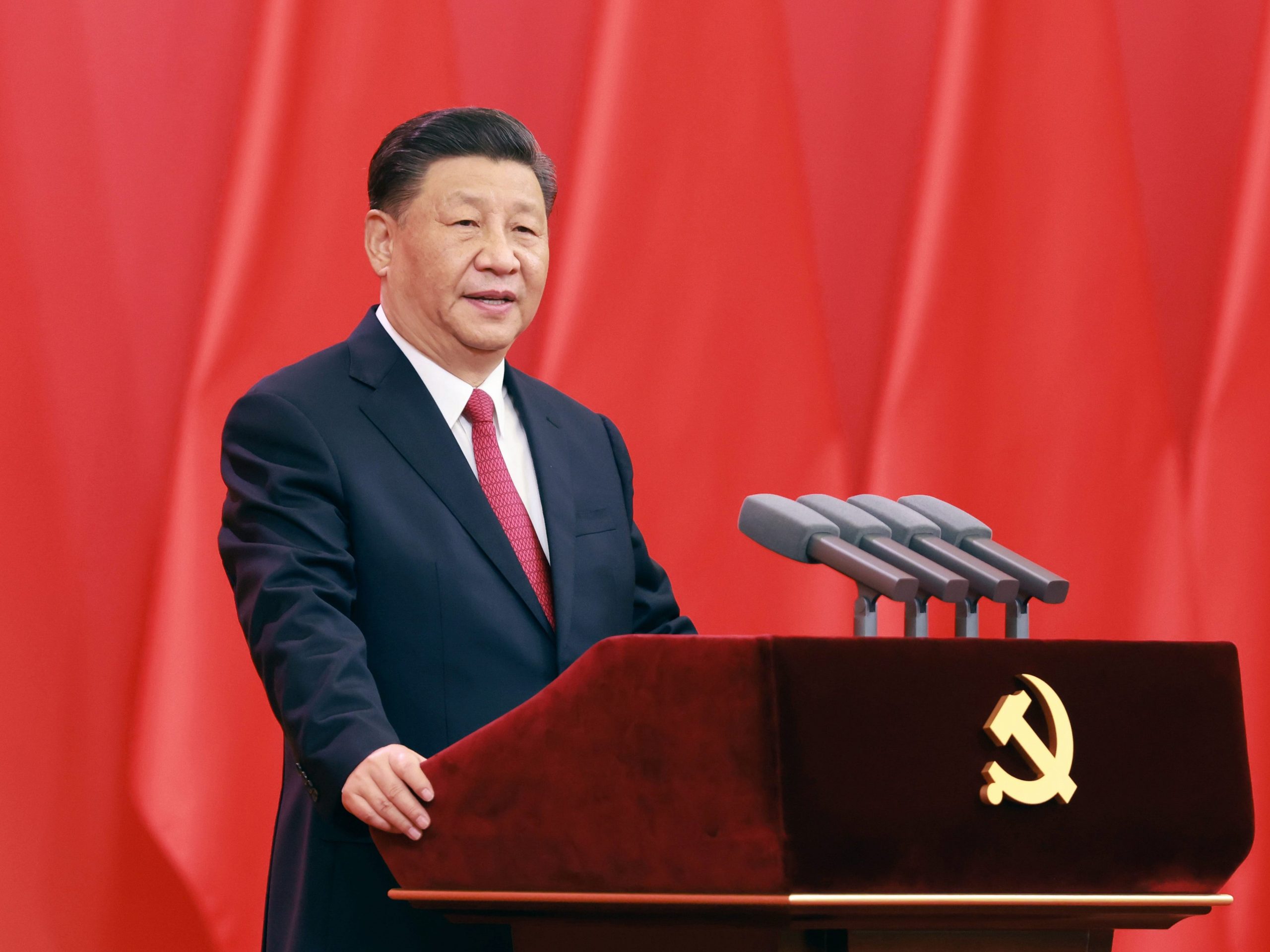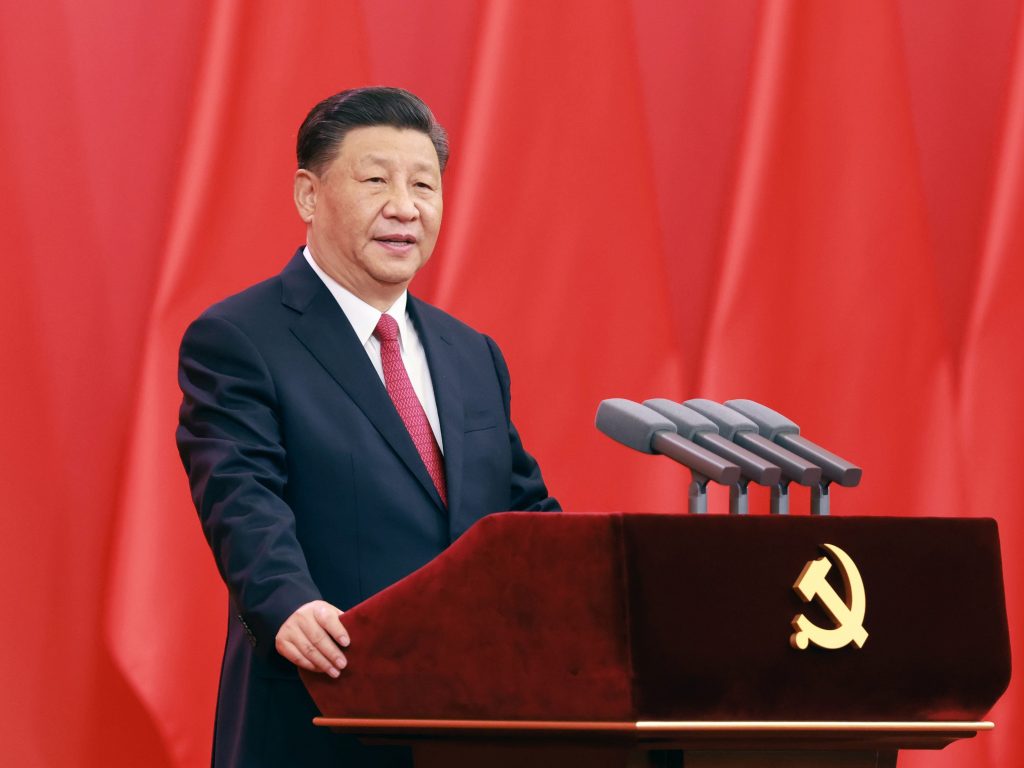
Ding Lin/Xinhua via Getty Images
- Chinese officials said on Tuesday they will look to regulate high income and expand the country's middle class.
- President Xi Jinping said the country is focused on "common prosperity."
- Officials also called for high-income earners and enterprises to give back to society.
- Visit Insider's homepage for more stories.
President Xi Jinping said on Tuesday that China intends to start regulating excessive wealth to ensure "common prosperity" within the country, Chinese state media Xinhua news agency reported. The announcement signals that China is taking a tougher stance on unequal wealth distribution in the country.
The announcement was made at the 10th meeting of the Central Committee for Financial and Economic Affairs, per Xinhua. Premier Li Keqiang, Chairman of the Chinese People's Political Consultative Conference Wang Yang, and officials from various other ministries were also present at the meeting.
China has run a loose economic policy to allow some people and regions to get rich first, the government said at the meeting.
Officials at the meeting pledged to expand China's middle class and to increase the incomes of low-income groups, according to a meeting summary published by Xinhua. In an effort to distribute wealth more evenly, China will also regulate "excessively high incomes," Xinhua reported, though officials at the meeting did not specify what constitutes an "excessively" high income. A representative for the Chinese government did not immediately reply to Insider's request for comment for this story.
China's growth in the last two decades has been meteoric, with its GDP growing from $2.23 trillion in 2000 to $11.8 trillion in 2020. Last year, despite the pandemic, China was the only major country in the world to register economic growth.
The country also has a massive wealth gap. In 2020, the richest 20% of China's population earned more than 10 times the poorest 20%, according to Bloomberg. And in 2018, the country's richest 10% earned 41% of income, while the poorest 50% of the population earned only 14.4% of total income, according to the World Inequality Database.
Xi has made building a "moderately prosperous society" a goal since he took over leadership in 2012, pledging to eliminate extreme poverty within the decade. In 2020, the country of 1.4 billion claimed that it had achieved that goal in eight years, lifting nearly 100 million people out of extreme poverty, reported the BBC. But experts dispute the truth of this claim, given, in part, that China's definition of the poverty line is $1.69, compared to the World Bank's $1.90, according to Reuters.
